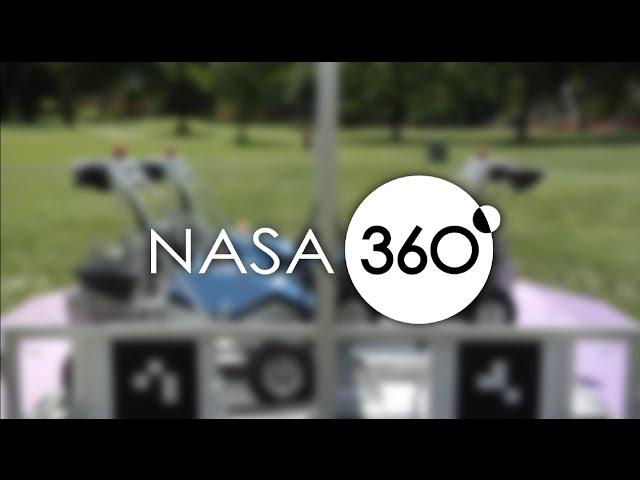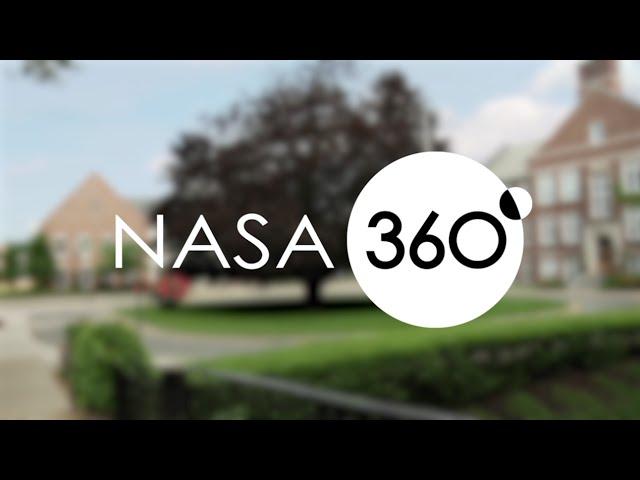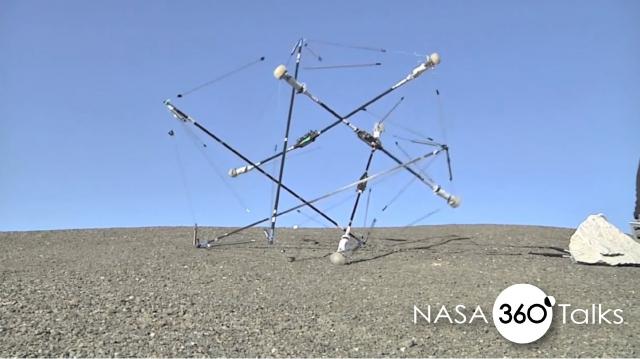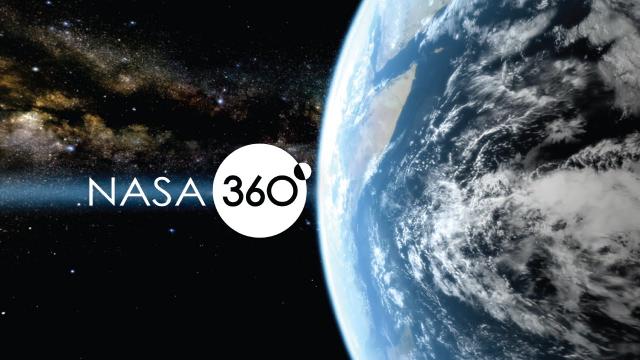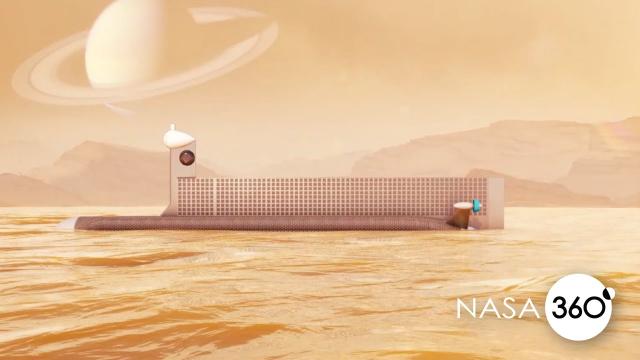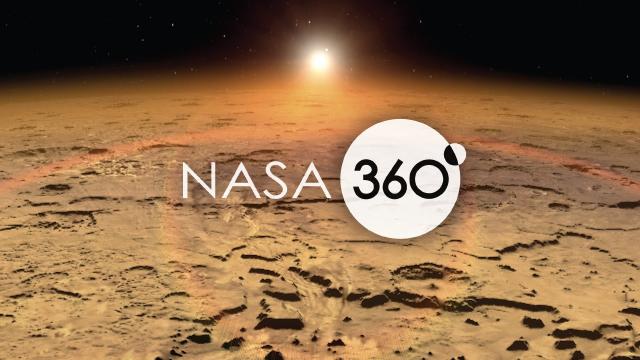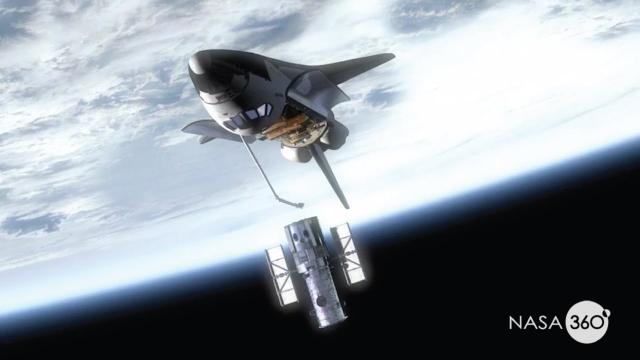Outer Space & Universe
Outer Space & Universe
Space, also known as outer space, is the near-vacuum between celestial bodies. It is where everything (all of the planets, stars, galaxies and other objects) is found.
On Earth, space begins at the Kármán line (100 km above sea level). This is where Earth's atmosphere is said to stop and outer space begins. This is not a firm boundary but is a convention used by scientists and diplomats.
Items in space are free to move back and forth; up and down; and left and right. These three dimensions are what make 3D space. Items also move forward through time, which is sometimes called the fourth dimension.
The majority of space contains very little matter and so most of it is a vacuum. Scientists do not know how big space is but we do know that space is extremely big, and is always expanding.
According to the big bang theory, all matter and energy in the Universe was compressed into a very small space. Then it exploded and started expanding. Space is still growing in size today; this means the distance from one galaxy to distant galaxies is getting longer.
Gravity is the force that keeps the Moon in orbit around the Earth and the planets in orbit around the Sun. Gravity can stretch and bend space similar to how a heavy ball placed on a stretched sheet of rubber will cause the rubber to stretch. The scientist who discovered that space can bend is named Albert Einstein. How gravity bends space is part of his theory of general relativity.
Astronauts, Cosmonauts, Taikonauts and Spationauts
An astronaut is any person who is trained by NASA to travel and perform tasks in space. Although the space traveler may not necessarily be a United States citizen, each astronaut does go through a rigorous training regiment by the National Aeronautics and Space Administration. Other space travelers go by other names then astronaut depending on their country of origin.
In the United States, astronaut is derived from the Greek words ástron (star) and nautis (sailor). While, in Russia, a space traveler goes by the name космонавт (English: cosmonaut), which is derived from the Greek words kosmos (universe) and nautis (sailor). Westerners call a space traveler from China a taikonaut, based on the 1998 writings of Chiew Lee Yik and Chen Lan where the term tàikōng (great emptiness), Chinese for “space”. In China, the term yuháng yuán (universe navigator) is used for space traveler.
Only the United States of America (United States), Russia (earlier, the Union of Soviet Socialist Republics), and the People’s Republic of China (China) have sent manned spacecraft into space. Other countries have assisted these countries by sending their own space travelers on space missions. For instance, a French space traveler is called a spationaut (from the French word spationaute), which is derived from the Latin spatium (space) and Greek nautis (sailor). (plural in Greek nautes = sailors)
-
03:16
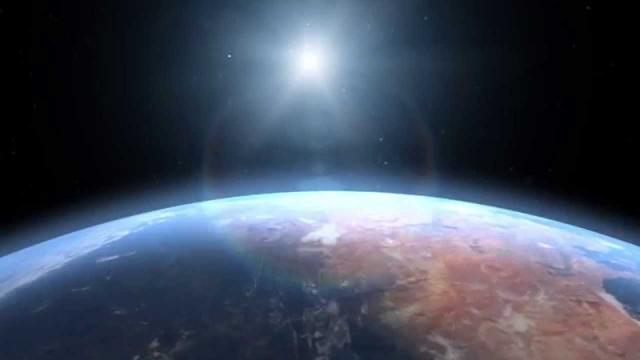
NASA 360 Presents - I ♥ the Solar System - Looking Forward
Added 805 Views / 0 LikesNASA 360 Presents - I ♥ the Solar System - Looking Forward
-
05:04
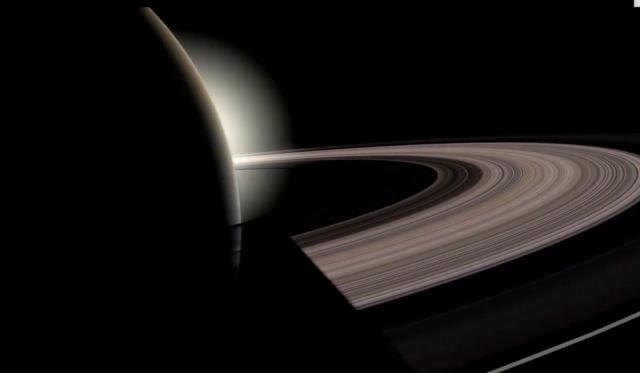
NASA 360 Presents - I ♥ the Solar System - Outer Planets
Added 802 Views / 0 LikesNASA 360 Presents - I ♥ the Solar System - Outer Planets
-
01:49
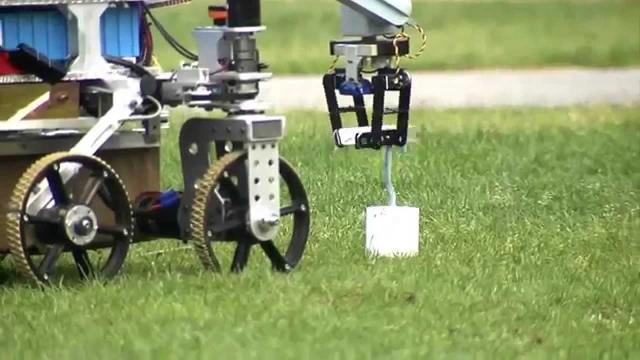
NASA 360 Presents - Kicking Bot, Taking Samples
Added 621 Views / 0 LikesNASA 360 Presents - Kicking Bot, Taking Samples
-
00:26
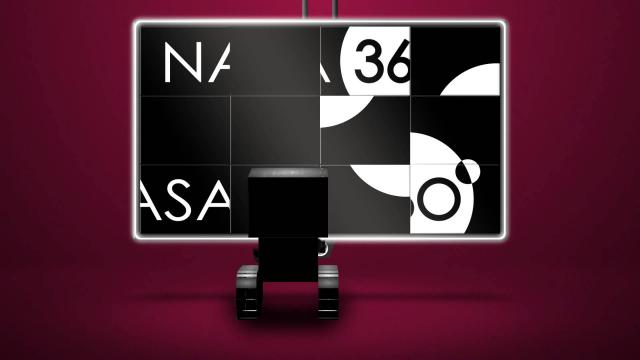
NASA 360 - Rise of the Rovers (trailer)
Added 650 Views / 0 LikesNASA 360 - Rise of the Rovers (trailer)
-
01:47
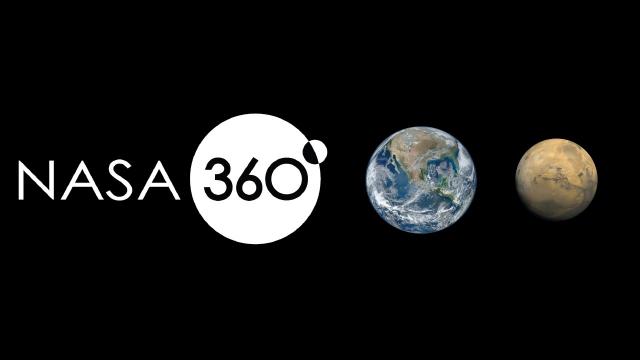
NASA 360 Presents - Space Technology
Added 813 Views / 0 LikesNASA 360 Presents - Space Technology
-
03:18
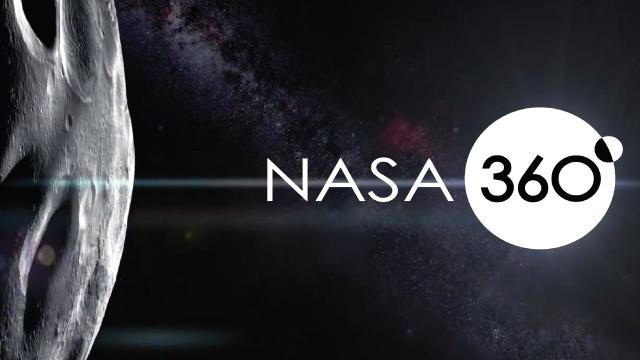
NASA 360 Presents - From Science Fiction to Science Fact
Added 815 Views / 0 LikesNASA 360 Presents - From Science Fiction to Science Fact
-
00:34
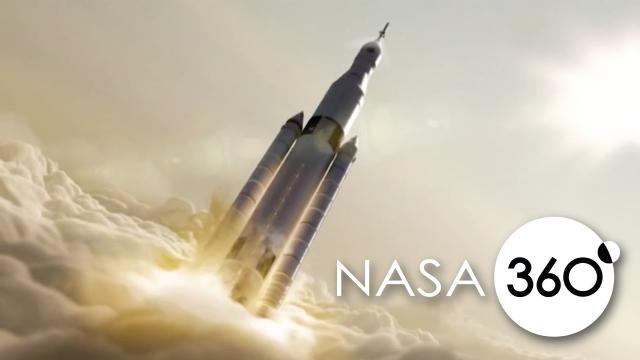
NASA 360 - The Future of Human Space Exploration (trailer)
Added 727 Views / 0 LikesNASA 360 - The Future of Human Space Exploration (trailer)
-
11:27
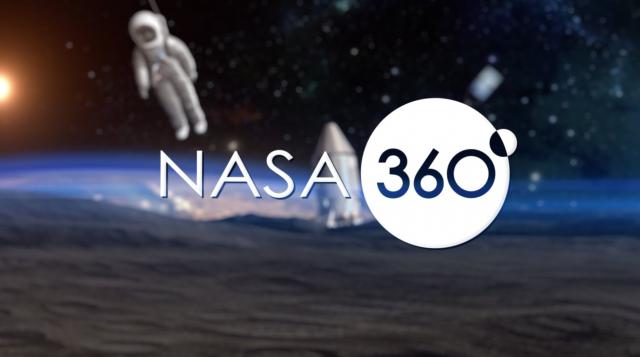
NASA 360 - The Future of Human Space Exploration
Added 757 Views / 0 LikesNASA 360 - The Future of Human Space Exploration
-
05:30
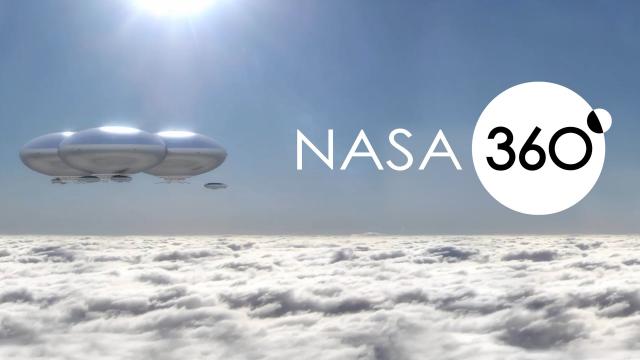
NASA 360 Presents - Possibilities
Added 1,112 Views / 0 LikesNASA 360 Presents - Possibilities
-
03:12
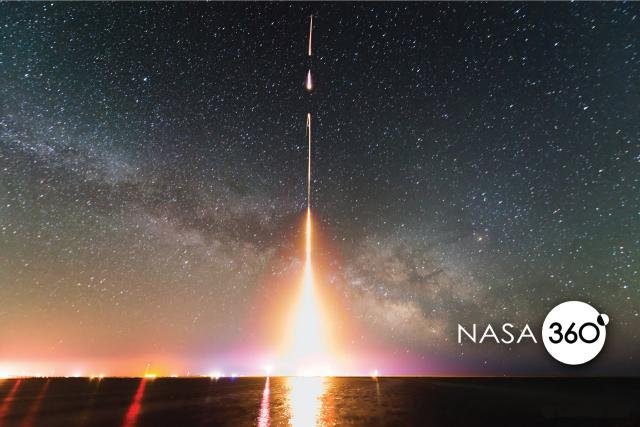
NASA 360 Talks - From Ground to Space
Added 632 Views / 0 LikesNASA 360 Talks - From Ground to Space
-
02:40
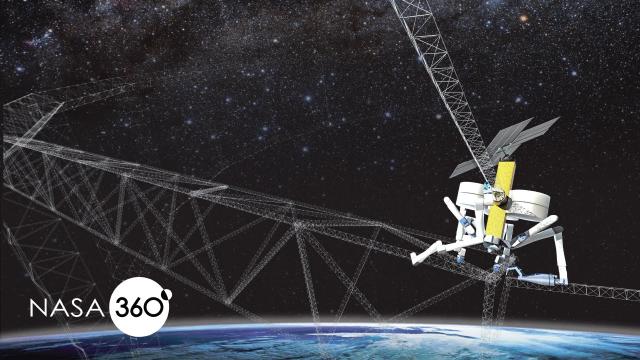
NASA 360 Talks - Building in Space
Added 613 Views / 0 LikesNASA 360 Talks - Building in Space
-
02:18
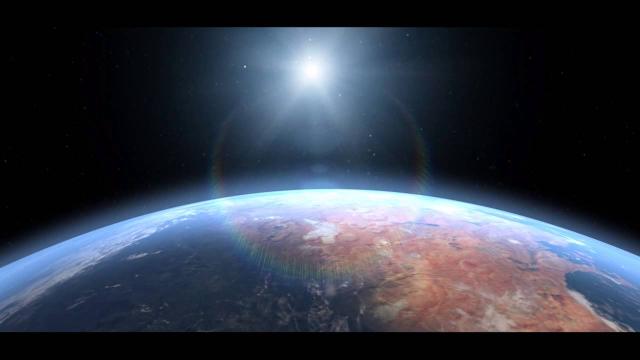
NASA 360 Talks - Science is the Goal
Added 725 Views / 0 LikesNASA 360 Talks - Science is the Goal
-
04:37

NASA 360 Presents - Centennial Challenges
Added 894 Views / 0 LikesNASA 360 Presents - Centennial Challenges

